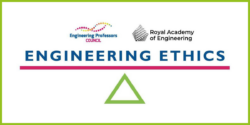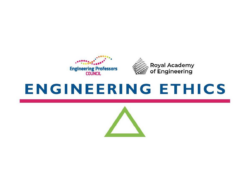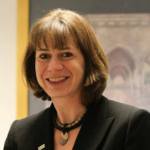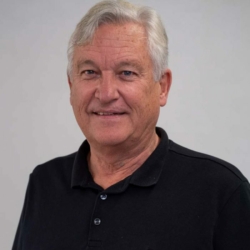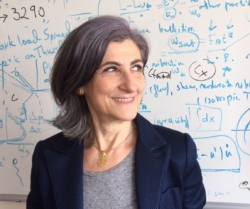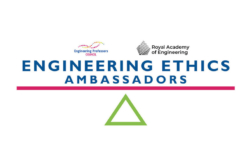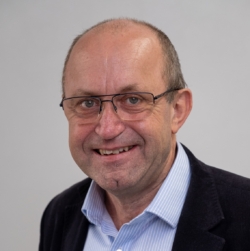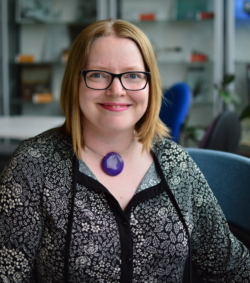 How important is Corporate Social Responsibility (CSR) in Construction?
How important is Corporate Social Responsibility (CSR) in Construction?
This is one of the questions posed in our intermediate level Engineering Ethics Toolkit case study, Implementing the use of homegrown mass timber for residential housing, which addresses the ethical issues of sustainability, respect for the environment, future generations, societal impact and CSR, with the educational aim of practising ethical analysis.
This case study involves an early-career consultant engineer working in the area of sustainable construction. She must negotiate between the values that she, her employer, and her client hold in order to balance sustainability goals and profit.
We’ve provided this, and other case studies and case enhancements for you to use and adapt in your teaching. If you’re new to ethics, we have a growing library of guidance articles available to support you, and an interactive Ethics Explorer to get you started.
If you would like to give feedback on this or any other Engineering Ethics resource, or submit your own content, you can do so here. We also have a newly created community of practice that you can join, where we hope that educators will support each other, and share their success stories of teaching engineering ethics. You can join our Ethics Ambassadors community here.
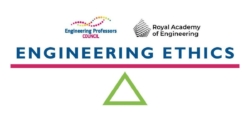 How important is Corporate Social Responsibility (CSR) in Construction?
How important is Corporate Social Responsibility (CSR) in Construction?